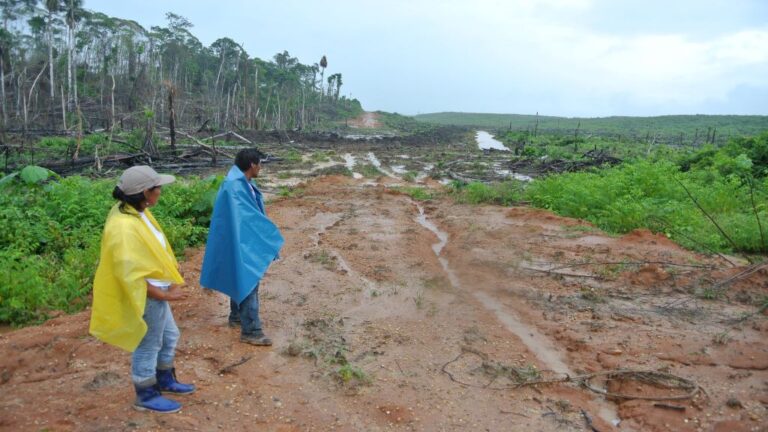On 27 January 2021, the Legal Affairs Committee of the European Parliament (EP) adopted a draft for a European supply chain law. The draft proposes strict regulations of the environmental standards and human rights within the value chains of companies.
The European supply chain act will require all companies operating within the European Union (EU) to practice due diligence in their supply chains. It is expected that this will have a positive impact on rural development by reducing the negative impacts of European companies’ activities on human rights and the environment.
The current laws within the European Union concerning supply chain due diligence differ across countries. Some countries, like Germany and the Netherlands, have established their own due diligence laws aiming to reach the United Nations Guiding Principles on Business and Human Rights (UNGP). However, most countries still rely on voluntary measures by companies.
A survey study carried out by the European Commission on companies operating in the EU finds that supply chain supervision has increased. Over a third of the companies surveyed followed due diligence based on the UNGPs. However, a majority only follow due diligence through the first-tier supplier, and not through the whole value chain.
A unified legal framework is expected to increase the quality and scope of human rights management, and to create a level playing field across the common market. It would be binding for all companies accessing the internal market of the EU. Companies would comply with their due diligence obligation and eliminate negative impacts on the environment and human rights. Sanctions could be imposed in the case of violations and legal assistance shall be provided to victims in third countries. Moreover, products related to child or forced labour would be banned.
With such a European supply chain law, a positive effect on rural development in countries that are part of the supply chain can be expected. As Anna Cavazzini and Heidi Hautala, Members of the EP stated, the due diligence includes the impact of companies on the environment and climate change.
Thus, rural populations would be less exposed to the consequences of environmental destruction. For instance, land grabbing for food cultivation would be banned. The respect of property rights achieved would also strengthen the human rights situation. By the efficient enforcement measures, support for affected rural populations would be possible.
It is now up to the European Commission to propose a law that ensures the guarantee of human rights and environmental standards within the supply chains of companies. Until the expected law is finally implemented in the Member States and takes effect it may take some time. However, Member of the EP Lara Wolters emphasises that the supply chain law is a decisive step towards responsible action in the globalised world and a chance to improve the living conditions of affected rural populations.

